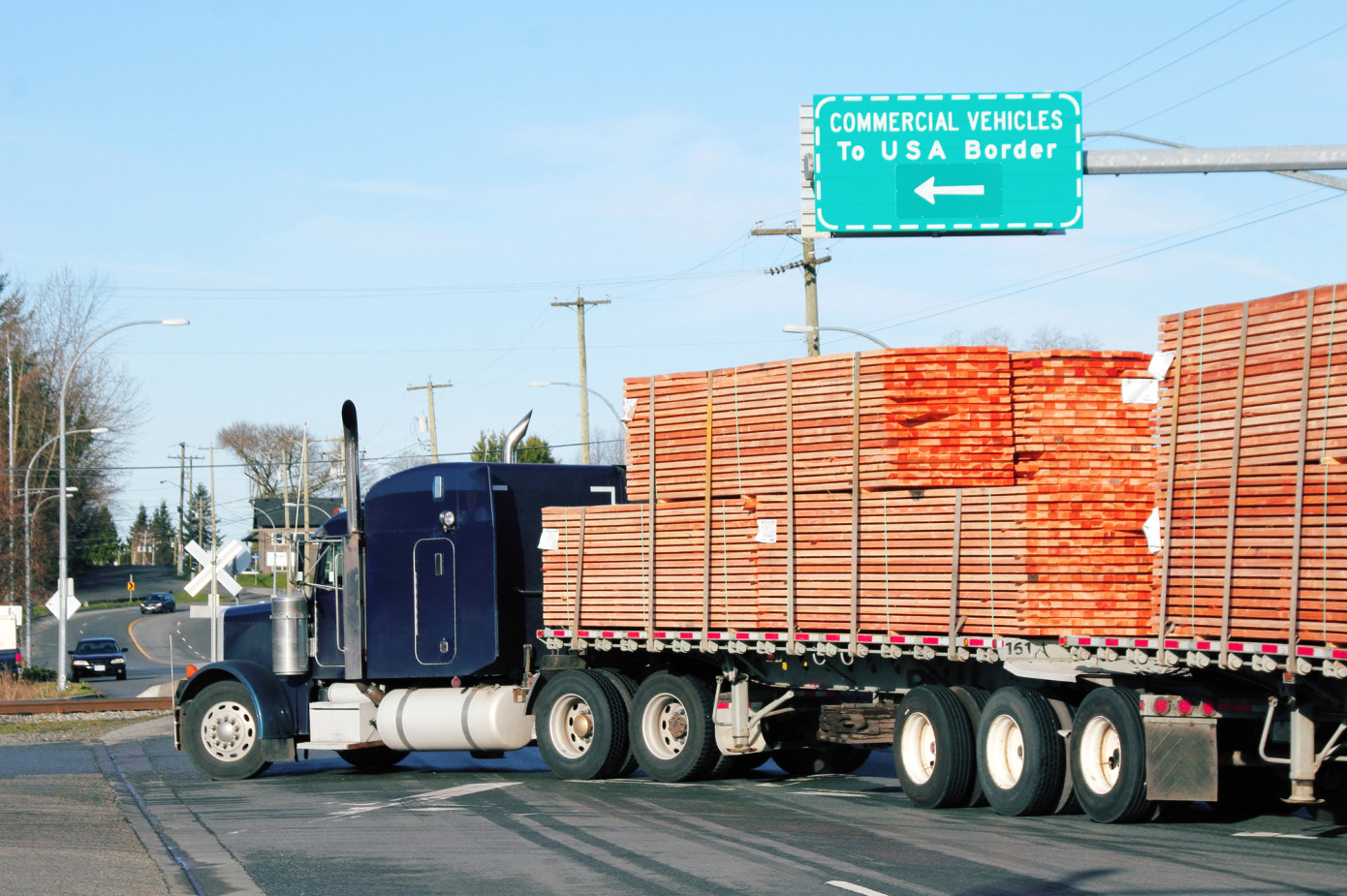On July 21, 2025, a CUSMA Chapter 10 binational panel remanded two statistical methodologies in the U.S. Department of Commerce’s Administrative Review 1 antidumping duty determination on Canadian softwood lumber, requiring Commerce to reassess its use of the Cohen’s d test and to apply weighted pooled variances in its meaningful-difference analysis according to the panel’s Decision and Order.
This dispute stems from the Lumber V proceedings launched in November 2016, in which U.S. industry groups alleged that Canadian softwood lumber exports were unfairly subsidized and dumped into the U.S. market. Under those proceedings, Commerce’s “meaningful-difference” test compares home- and U.S.-market prices using Cohen’s d, a statistical measure of effect size.
The panel remanded Commerce’s application of Cohen’s d because the Federal Circuit’s decision in Marmen Inc. v. United States Wind Tower Trade Coalition requires that the test’s key assumptions, normal data distribution, equal variances and adequate sample size, be demonstrated before use. The panel found Commerce had not shown those preconditions were met and ordered a reassessment of the data’s statistical validity.
The panel also remanded Commerce’s pooling of variances, directing the Department to use weighted pooled variances that reflect differing sample sizes, as mandated by Mid Continent Steel & Wire, Inc. v. United States. Commerce had applied simple averages, which the panel deemed inconsistent with the precedent. All other aspects of Commerce’s Final Results were affirmed.
Commerce must submit its “Decision on Remand” by October 20, 2025, explicitly addressing both the Cohen’s d assumptions and variance-weighting issues. After publication, either party may appeal to the U.S. Court of International Trade or pursue dispute settlement under USMCA or WTO rules.
In parallel, preliminary rates in the sixth administrative review (AR6) announced in spring 2025 show combined duties of 46 % for Canfor (12 % CVD + 35 % AD), 26 % for West Fraser (17 % + 9 %) and 34 % for all others (14 % + 20 %), though those rates remain unofficial until final determinations due in August 2025.
